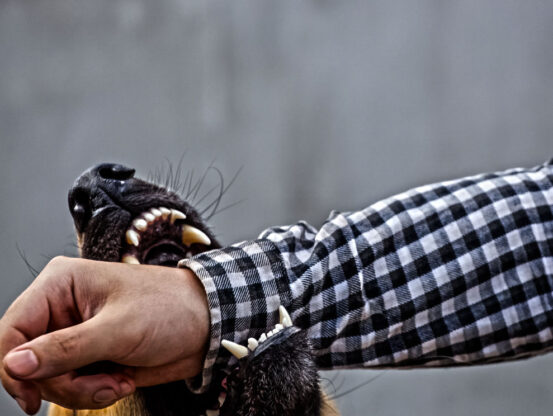
13 Sep, 2016
Domestic Aviation Accidents: Types Of Legal ClaimsAviation accidents may involve multiple legal claims, including negligence, violations of the Federal Torts Claim…

Illinois dog bite law follows a common law doctrine that says a landlord who retains control over premises leased to their tenants is responsible. For instance, if a landlord rents a room in their home to a tenant, the landlord must demonstrate ordinary care for maintaining the physical safety of an apartment complex, home, business, etc.
It is difficult to hold landlords liable for dog bites from tenants’ animals when the landlords have relinquished control over a property by renting the entire home or apartment to a third party. In such cases, the landlord does not owe a duty of care under Illinois law, and it is the lessee that is responsible for the injuries and damages.
However, a Chicago dog bite lawyer can hold a landlord liable in situations where a landlord knows that a dangerous situation is present, yet does nothing to rectify the danger. Such situations might include the knowledge that a tenant is housing a dangerous/prohibited breed such as a pit bull or rottweiler. It could include a situation where a tenant is housing multiple dogs in their apartment such that it creates a nuisance. It might also include the landlord knowing that door locks, window latches, or gates are not functioning properly and allow for unauthorized access to the property.
Moreover, landlords can be held liable for incidents that occur within common areas of their property. For example, they could be held liable for not enforcing community rules related to muzzling or leashing dogs within these areas. They can also be held liable if they deliberately allow dangerous breeds to be brought onto the property by visitors. In such situations, landlords owe a duty of care to their own tenants, as well as to other tenants of the building to protect them from harm. In Illinois, landlords can be considered negligent or negligent per se depending on the circumstances of the case.